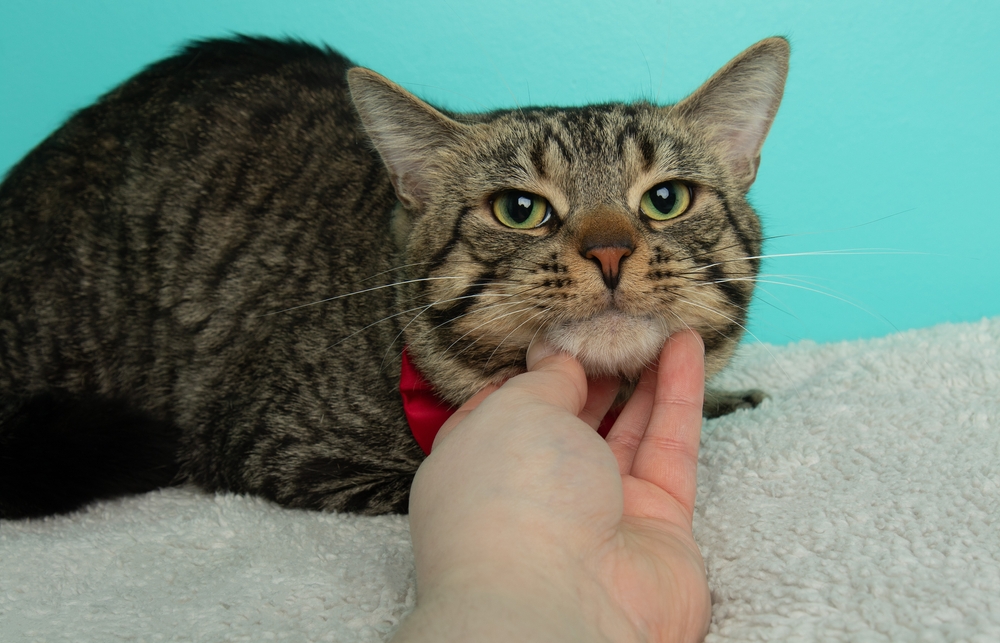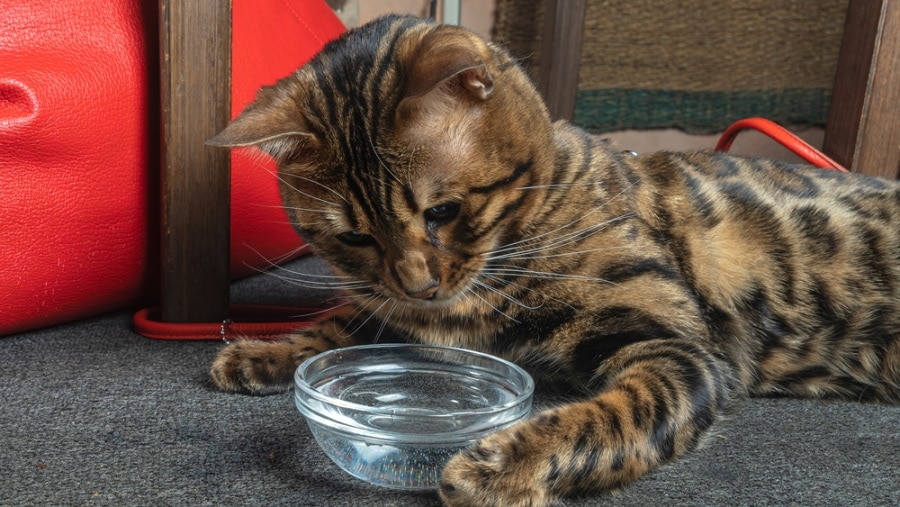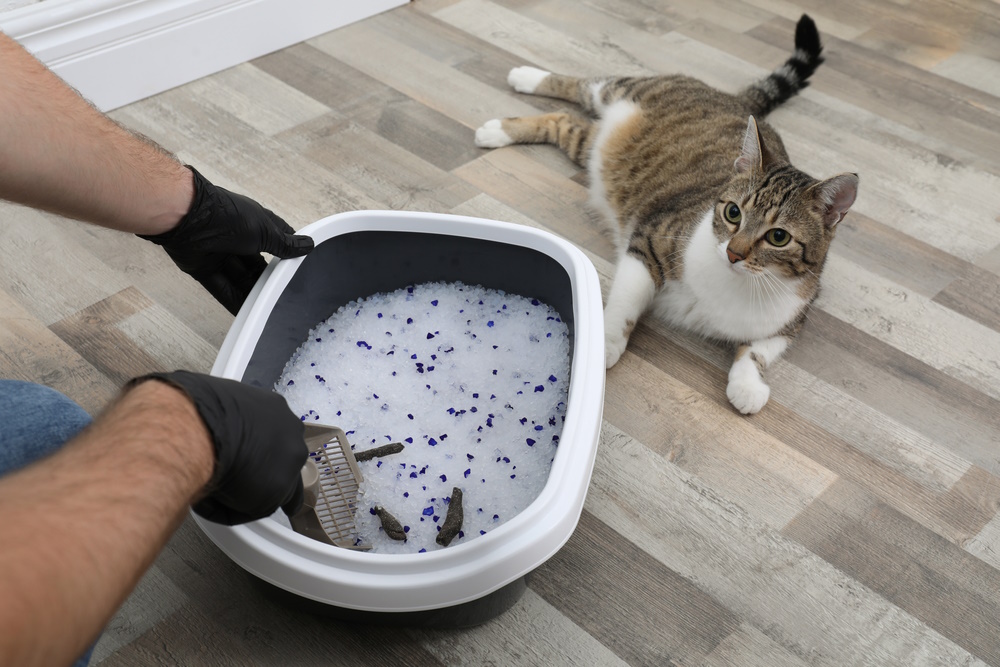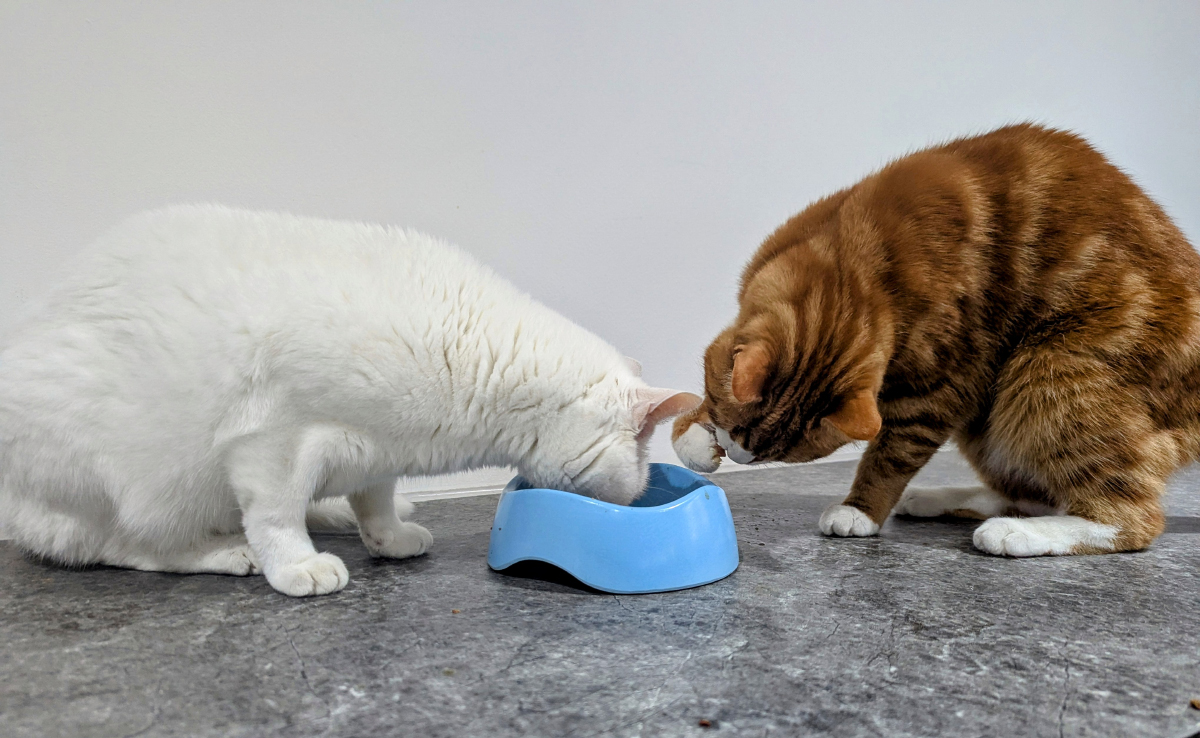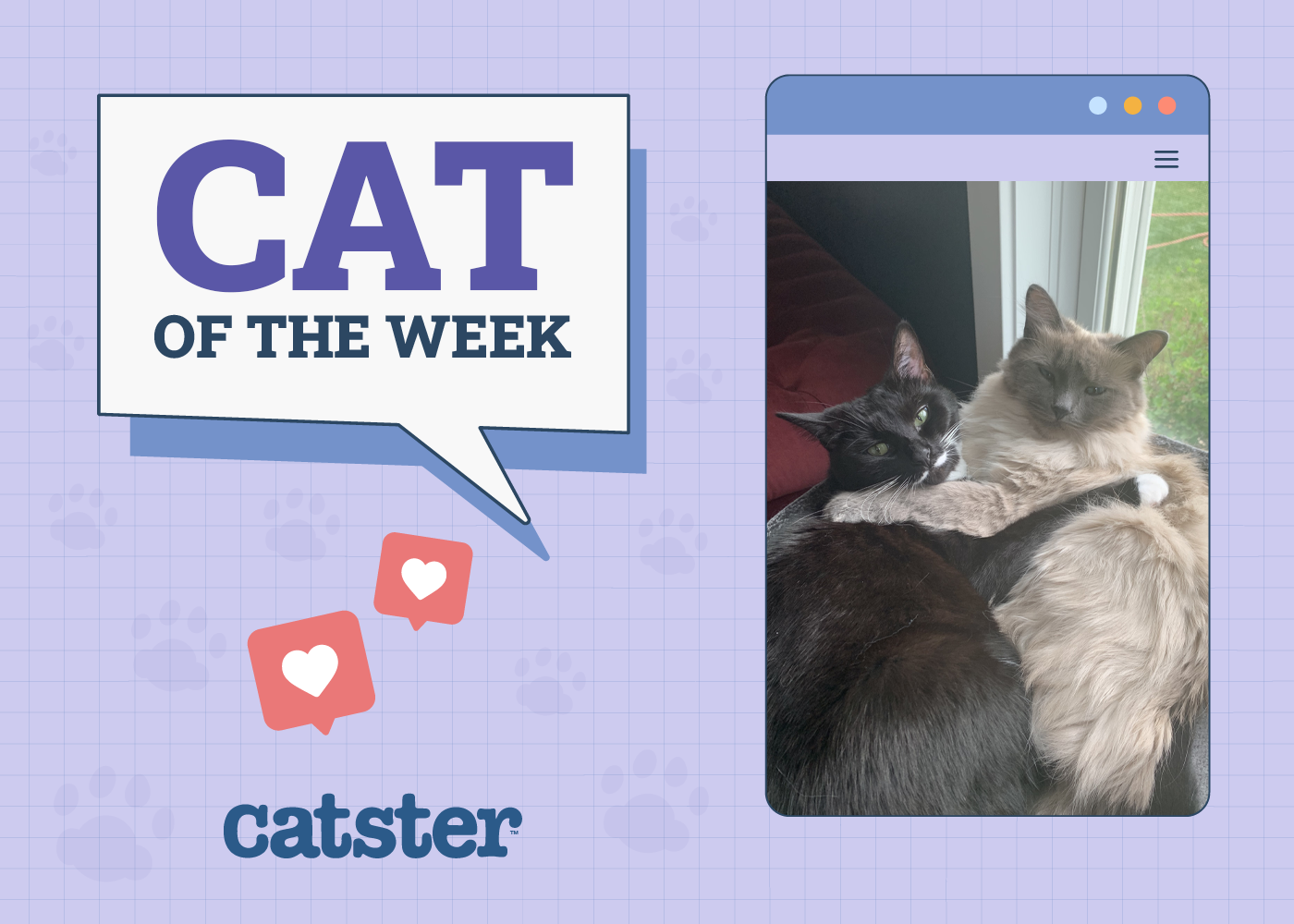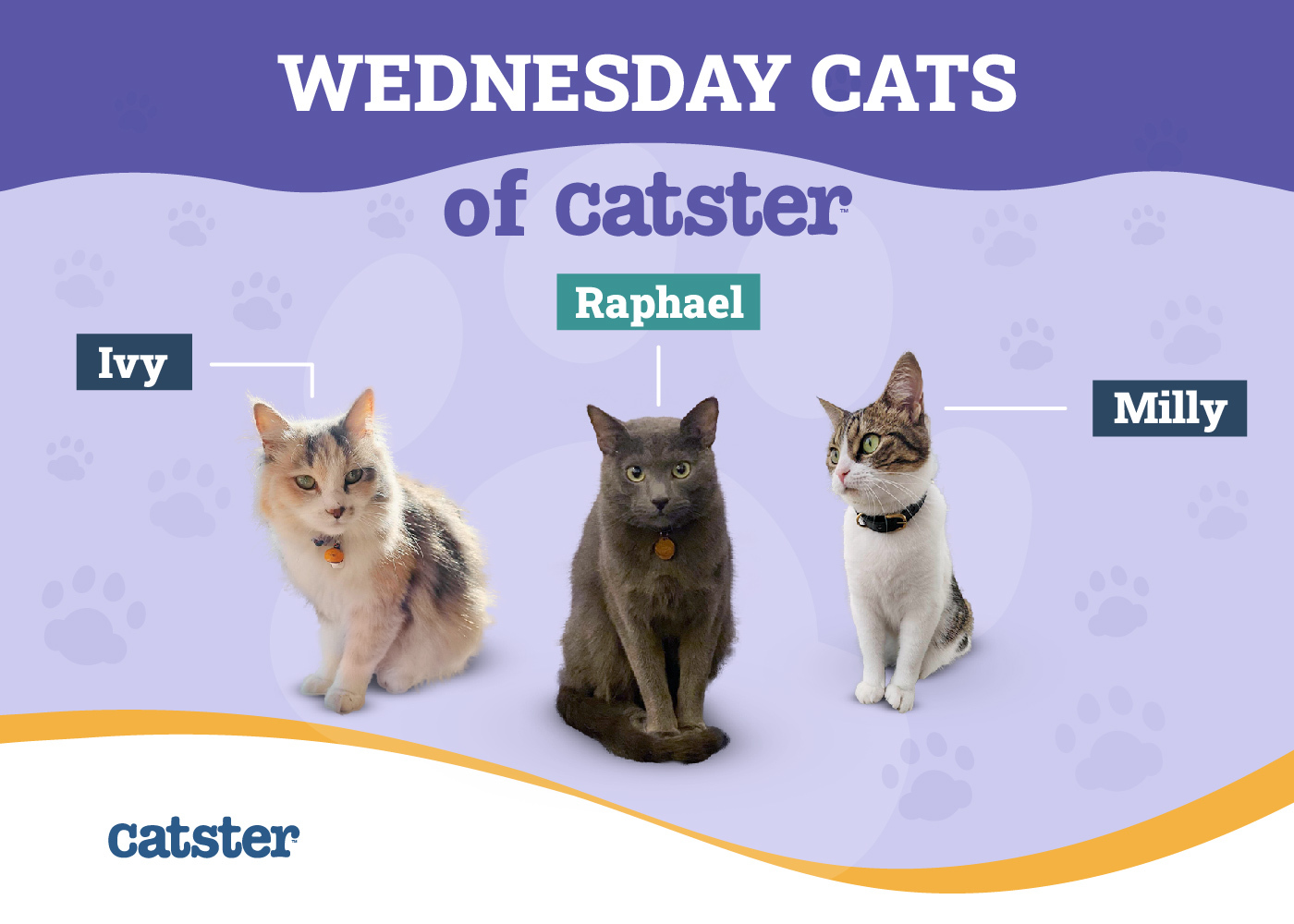Click to Skip Ahead
It is not fully understood why cats purr or how they do it, but you can generally expect your beloved feline family member to purr when they are feeling content. Purring is typical of cats when they are being petted while cuddling in laps or sunbathing by a window. Some cats purr just because they feel like it. However, cats sometimes purr when they are feeling ill or in pain.
Therefore, you must pay attention to a cat’s mood and physical behavior to determine why they are purring. Moreover, some cats never purr their whole life, and others that once purred stop purring. But why is this? Should I be worried if my cat doesn’t purr? Below, we’ll discuss why your cat may not be purring and whether there is anything you can do about it.

The 4 Potential Reasons Why Your Cat Is Not Purring
1. They Just Do Not Feel Like It
Sometimes, cats do not purr because they do not feel like doing it. Just because your cat is not purring does not necessarily mean they are unhappy. It may mean that they do not need to purr. Purring is also very individual to every cat, and some will purr less than others.
If your cat usually purrs when you pet them but fails to purr occasionally, chances are that they do not want to at that time. However, if your cat stops purring entirely whenever you pet them, there may be another reason for the silence.
Stress, fear, and anxiety may also cause some cats to purr less or stop purring temporarily. Bottom line, if you notice a change in the amount of your cat’s usual purring, it may be a sign that something is wrong.
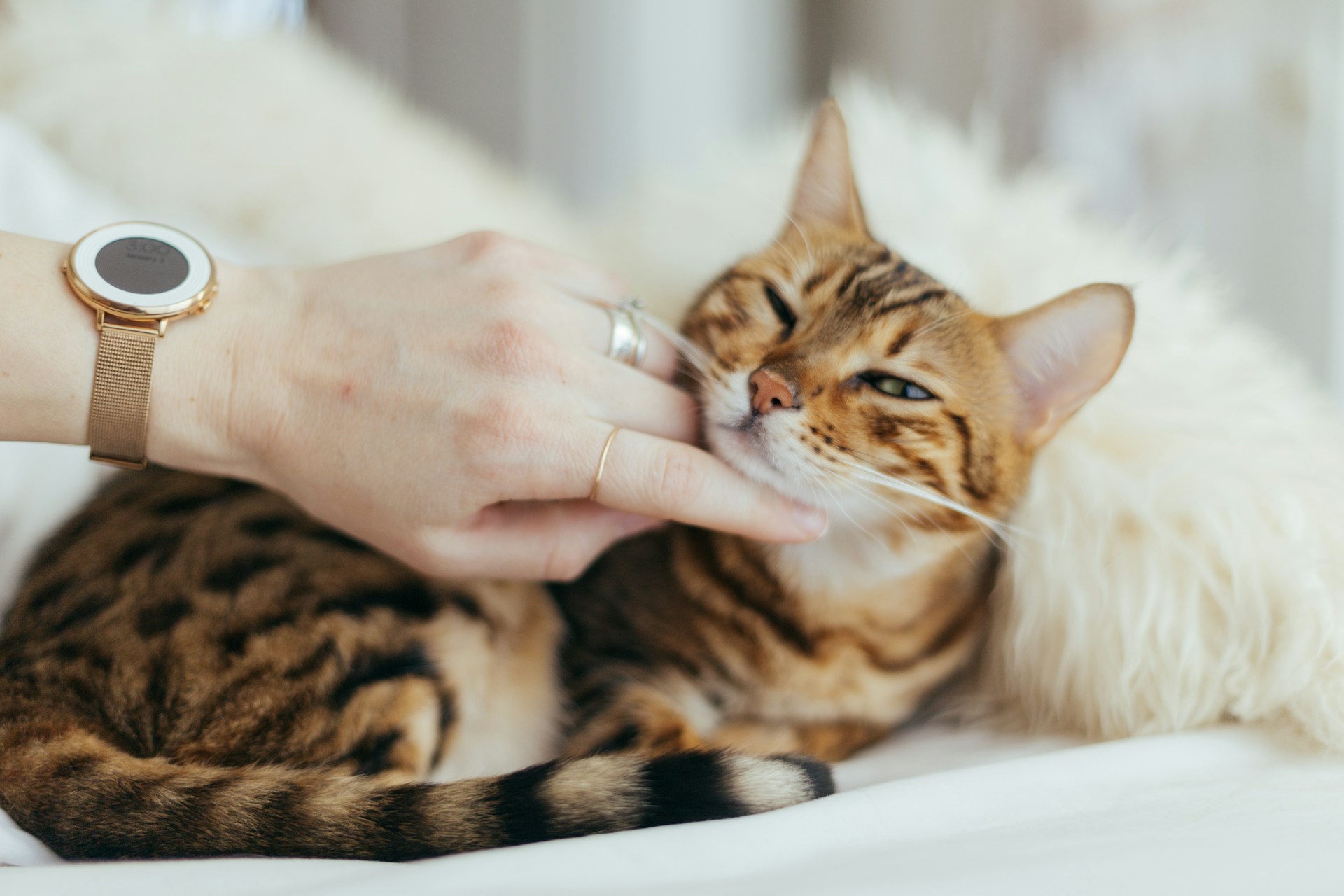
2. They Are Satisfied
Sometimes, cats will not purr because they are completely satisfied with their situation. Some cats will purr and show affection until they get what they want, like dinner. Then, when they have achieved their goal of getting what they want, your cat no longer purrs and go on about their business as if nothing ever happened.
3. They Are Ill or Injured
A cat might purr as a response to stress or pain when ill or injured, but they may also stop purring altogether until they feel better. If your cat is not purring due to an injury or illness, you may notice other more general signs of discomfort, such as hiding, change in their meow, lethargy, reduced appetite, or more specific signs such as lameness, vomiting, and diarrhea.
You can check for injuries by watching them move or lightly touching your cat’s body to see if any area is sensitive or painful. Also, inspect their mouth and teeth if they let you. Sometimes, cats may “lose their voice,” or there is a significant change in their purring and their meow. This can indicate various underlying health issues, such as foreign bodies at the back of the throat or the nose, infections, inflammation, polyps, cancer, or neurological disorders.
Any signs of illness or injury related to a lack of purring should be brought to your veterinarian’s attention immediately.

If you need to speak with a vet but can’t get to one, head over to PangoVet. It’s an online service where you can talk to a vet online and get the personalized advice you need for your pet — all at an affordable price!
4. They Are Simply Getting Old
Aging cats may change their habits as they grow older, and some reduce their frequency of purring. They may prefer using their energy to eat and rest instead. Even though they are not purring as much, old cats can be just as content as younger cats.
On the other hand, it is also possible that some cats may purr more as they get older.

What to Do About a Lack of Purring
When you notice a lack of purring in your cat, you should start watching them closely and try to understand the reasons behind the change. If they seem under the weather, you should schedule an appointment with your veterinarian to see if anything can be done to make them feel better.
They might start purring again once they feel more like themselves. If your cat does not feel like purring, and your vet has given them a clean bill of health, all you can do is love them and encourage them with petting and cuddling. If they are getting old, you may have to live with the lack of purring, but you can still expect the love and attention you have always received.

Final Thoughts
Everyone loves to hear their cats purr. The sound and feel of purring can reinforce the fact that they are happy. But just because your cat is not purring does not mean that you are doing something wrong or that they are unhappy in any way.
Keep an eye out for signs of trouble and get them checked out by your vet, but if there is no medical reason for it and they are otherwise fine, chances are that your cat is just not interested in purring. How often does your cat purr, and do you ever notice them not purring when you expect them to? Let us know about your experiences by leaving us a comment!
Featured Image Credit: Ashley Swanson, Shutterstock

